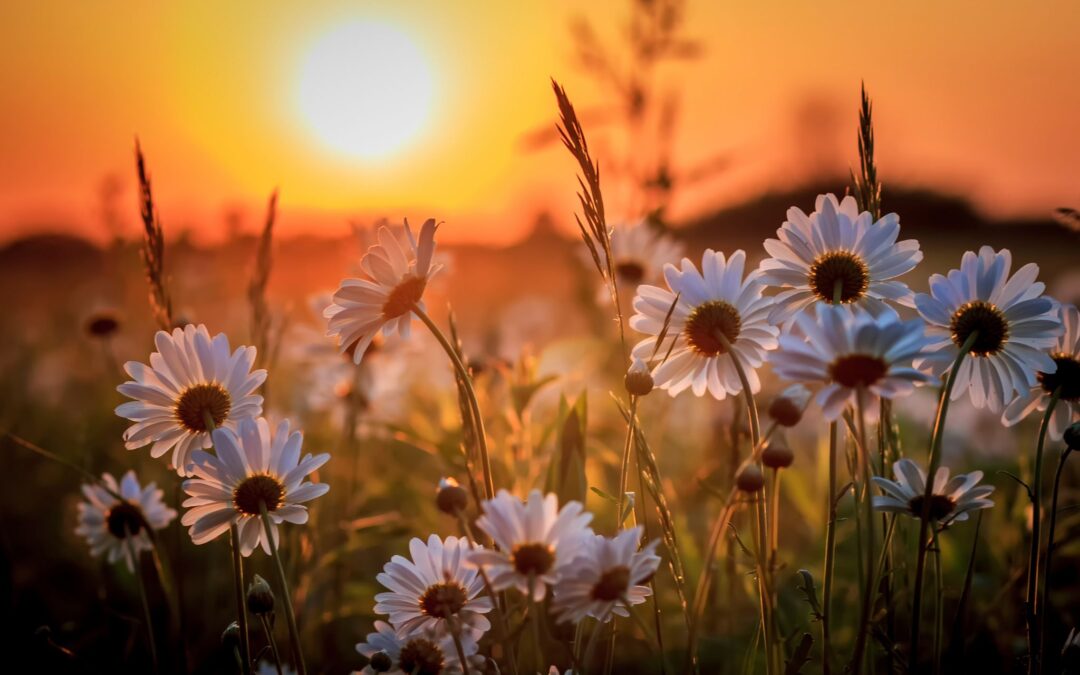I recently lost a very close family friend to an accidental drug overdose. He is not the first, but I hope the work I do will ensure that he is the last. I have lost too many friends to mental illness and addiction. I can’t quite put my finger on the cause of this plague, but I do know that addiction is a disease. I have experienced it in my own family and through friends who had futures full of potential, but the diseases of mental health and addiction ended those futures.
The first friend who died from an overdose was a shock, but then it continued, one after another, close friend, old friend, distant friend. There were so many more in recovery, still fighting for their lives. As kids we had drug prevention education, but we didn’t talk much about mental health. We heard the message that drugs were harmful and could ruin your life, but we were not taught anything about stress, anxiety, or depression or what to do when we had overwhelming periods of emotion. I think many of my peers struggled with this, and without the skills or the words to express their emotions they turned to self-medication.
Addiction can be very lonely, and we have all become isolated by this pandemic. I fear we may be overlooking a very vulnerable population during this public health crisis, those in recovery. Individuals in recovery are separated from their recovery meetings and groups, they have lost access to their coping mechanisms and support systems, they have lost their jobs. Many people in recovery utilize exercise, yoga, and therapy. They became disconnected, and without access to support systems they suffered deeply making them vulnerable to relapse.
The friend I lost three weeks ago was so ready to lead his life in recovery. He was a USC grad, smarter than anyone I knew. He was witty and kind and always encouraged me as I grew into a professional. He has been my brother’s friend since kindergarten and a part of our family. But we never fully understood the depths of his addiction. I regret not talking more openly with him about what he was going through. I regret that I feared offending or hurting our family’s relationship by doing so.
We need to talk openly about addiction in order to help those who are suffering. We must reduce the stigma surrounding the diseases of mental health and addiction so those who are suffering do not have to feel ashamed to ask or receive help. I wish we had done more, but in his memory and his honor we will commit to doing everything we can.
To those who have donated to the Wellness & Prevention Center in his honor, I appreciate it and know that he would too. Last year he helped me build new desks for our office. He told me how important the work we are doing is and that we will be able to change lives. Please consider making a donation in honor of Wyatt to support the valuable work we do at the Wellness & Prevention Center.
To find help visit https://www.samhsa.gov/find-help/national-helpline
Parents can also text 55753 to get personalized help and learn more here
https://drugfree.org/article/covid-19-we-are-here-for-you/
